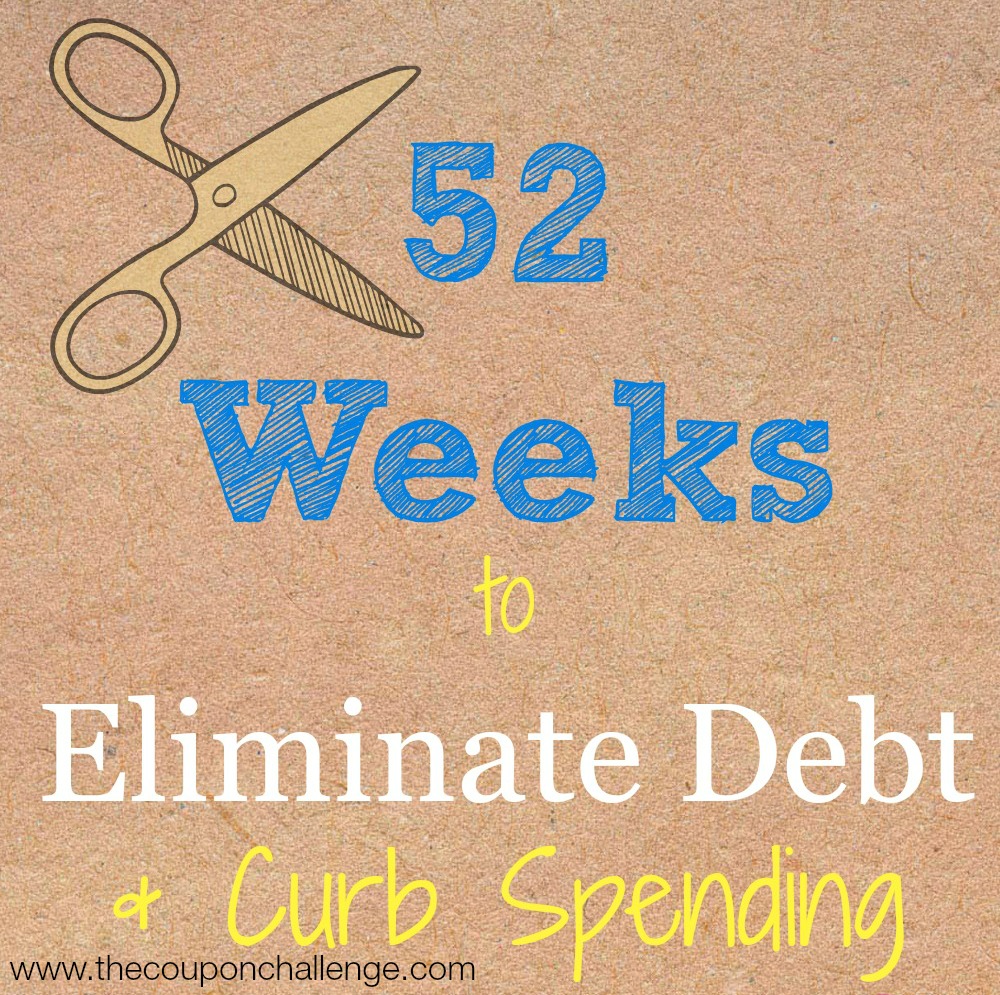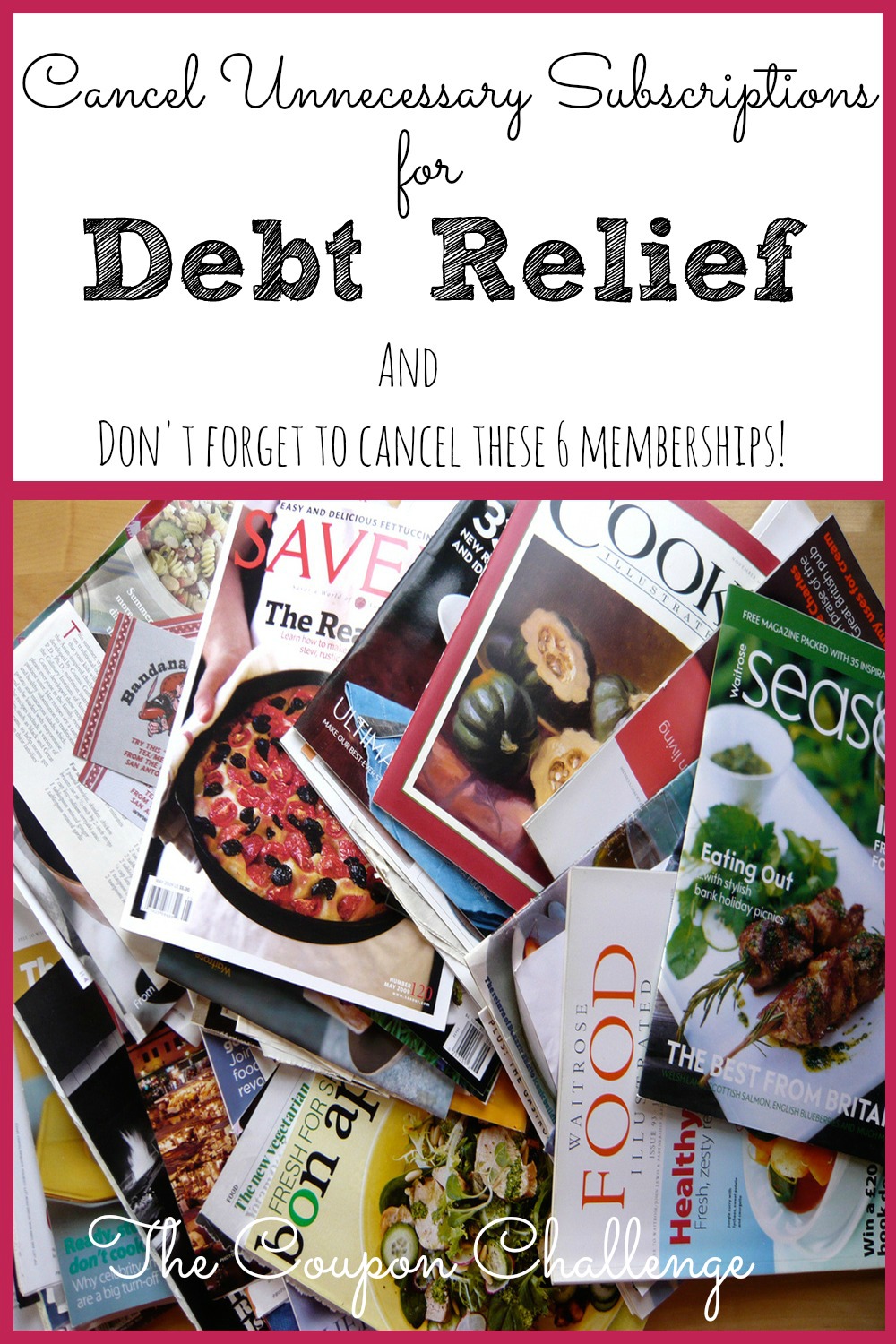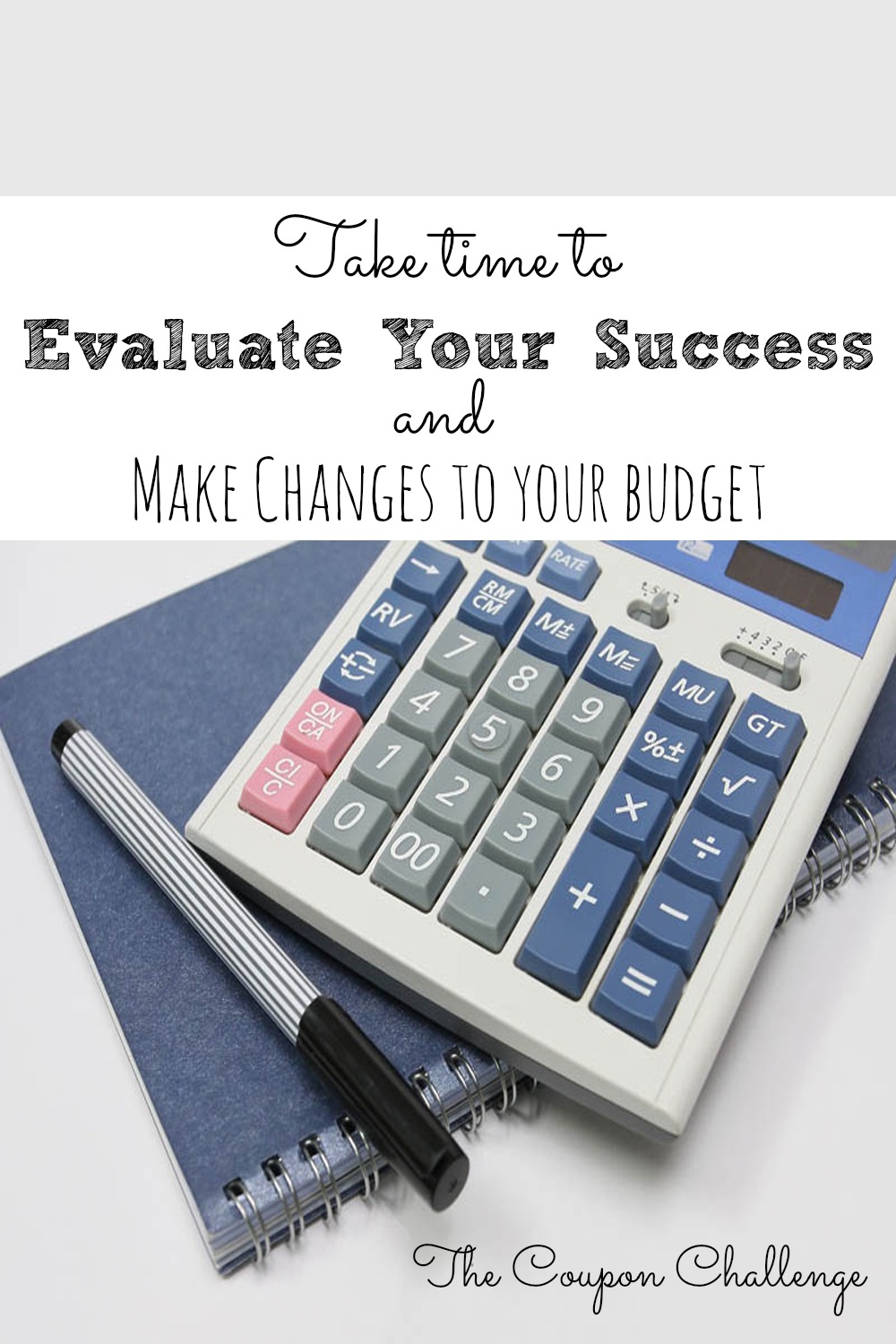You are reading Week 27 of 52 Weeks to Eliminate Debt & Curb Spending. Please read the overview here to learn more about the series & get your FREE financial planner. If you just joined us, please start with week 1.
Sometimes the things we have to give up to get rid of debt may be tough to let go, but the end result is worth it. One thing you can do is focus on downsizing your vehicles for ultimate savings. Many people can’t imagine not having their car, but reality is there are many ways you can downsize and change your transportation situation to create more funds to pay off debt.
Have two cars but only one person works outside the home? This one is is really tough for those who feel stifled without the ability to come and go as they please. Reality is, there are few times when a second vehicle is mandatory in a situation like this. Especially if you are making two car payments. If you own one vehicle, it is only a matter of extra insurance and maintenance. In that instance, you may not want to give up the car as much as limit using it as much as possible. Otherwise, it is time to look for a way to sell the extra car and save this expense each month.
Have an SUV? SUV’s are great for many things, but commuting to and from work is not one of them. If your general use car is an SUV, it may be time to actually look at trading in for a more reasonable car. Lower payments, lower insurance and lower gas prices and maintenance are much more important than the possibility of needing that larger vehicle the one or two times a year it’s SUV status comes in handy.
Admittedly, I have an SUV and love it to pieces. I know letting it go may be hard and it may not be practical. You have to make the choices that are best for you and your family. I just want you to consider the possibility that you could free up a lot of extra money by having a smaller car.
Spending more on repairs than a new car payment would be? Sometimes we have one vehicle that is paid for, but it is always breaking down and the result is high repair and maintenance costs. Sometimes it is actually cheaper in the long run to invest in a newer car with a payment that is lower than your current monthly upkeep costs. IF you do need to invest in a new vehicle – a new-to-you car is a great option. Consider a used car that is in better condition than your current vehicle.
When you are looking at the big picture of getting rid of debt, you must consider things like downsizing your vehicles for ultimate savings. Look at the big picture and focus on the total numbers and not just on the immediate changes it would create.
Remember the change won’t be forever. Once you get our of debt and have a comfortable savings account, you can start putting money away for a new or upgraded vehicle.
Week 27 Challenge:
Take a look at your vehicles and weight your options. Would it be wise to downsize? If not, hold tight and wait for week 28 when we discuss other money saving options.
Disclosure: I am not a financial adviser nor do I have formal financial training. All articles are for informational purposes only and should not be interpreted as financial advice or consultation. Please consult your account and/or financial adviser before making changes to your finances. All situations are different, so please consult a professional to determine your individual needs.









